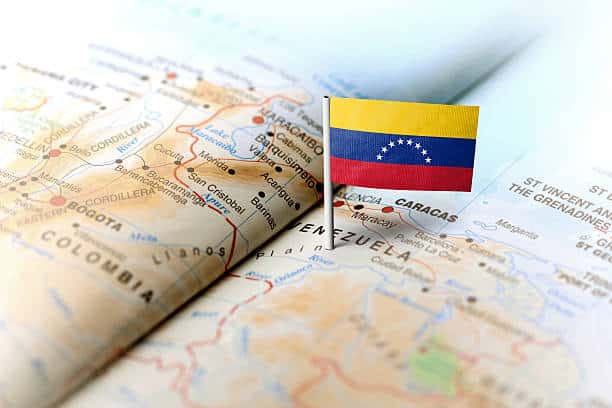The regional networks of civil society organizations Alianza Regional por la Libre Expresión e Información; Civicus, IFEX-ALC y Voces del Sur urge the international community to openly reject the new legislative initiative that enables the criminalization of legitimate organizations and activities of Venezuelan civil society protected by the human right to freedom of association.
On January 24, the National Assembly approved in its first discussion the draft of the “Law for the Control, Regularization, Action and Financing of Non-Governmental and Related Organizations”. Since its presentation before parliament, a stigmatizing discourse has been raised that places civil organizations that do social, humanitarian and work promoting human rights as “enemies of the homeland.”
Venezuela has been going through a structural crisis for several years with a negative impact on the guarantee of social, economic, civil and political rights, and with consequences at the regional level due to the displacement of millions of people in critical condition to other countries of the continent. This situation has been addressed by civil society organizations through social and humanitarian assistance, whose work would be restricted by this law.
As of the publication date of this release, the bill is not publicly accessible. Once submitted, the proposal was immediately approved; the National Assembly did not discuss the regulations or comply with the process established in the Constitution for the treatment of bills.
In Venezuela, organizations are subject to a series of records and comply with their fiscal commitments. It is the State that de facto prevents new organizations from registering or updating their documentation by paralyzing the processes in the public records.
The legal proposal grants powers to the Executive to supervise, inspect, control and sanction organizations and obligated subjects, through legislative and inspection powers. Such capacities submit the existence of organizations to the discretion of the interests of the government in power, which violates autonomy and independence. In addition, the project makes it mandatory to provide “data on the constitution, statutes, activities they carry out, origin, administration and destination of their resources, with a detailed specification of their sources of financing”, in a context where information from this has been used. type to persecute and criminalize sectors critical of the government. Transparency is a fundamental pillar of the work of civil society and is exercised as a good practice; however, the obligation contained in the law must be framed in clear institutional guarantees that respect and effectively protect freedom of association.
We ask the international community for its support with actions that prevent this and other similar legislation in the region from continuing to proliferate, since they only seek to diminish the civic space in our countries. Such initiatives feed stigmatizing narratives and encourage more actions of this type by sectors of power with less and less democratic motivations. If this law is approved, the work of non-governmental organizations in Venezuela would be under serious threat, which would increase the restrictions on an already narrow civic space in the country.
A healthy democracy requires the work of civil society; people, organizations, movements and groups to contain the advance of policies that seek to diminish their bases, denaturing legitimate mechanisms that, by emptying them of content and turning them into instruments to preserve and increase power, the only thing they achieve is to sacrifice those who legitimately exercise their rights.


